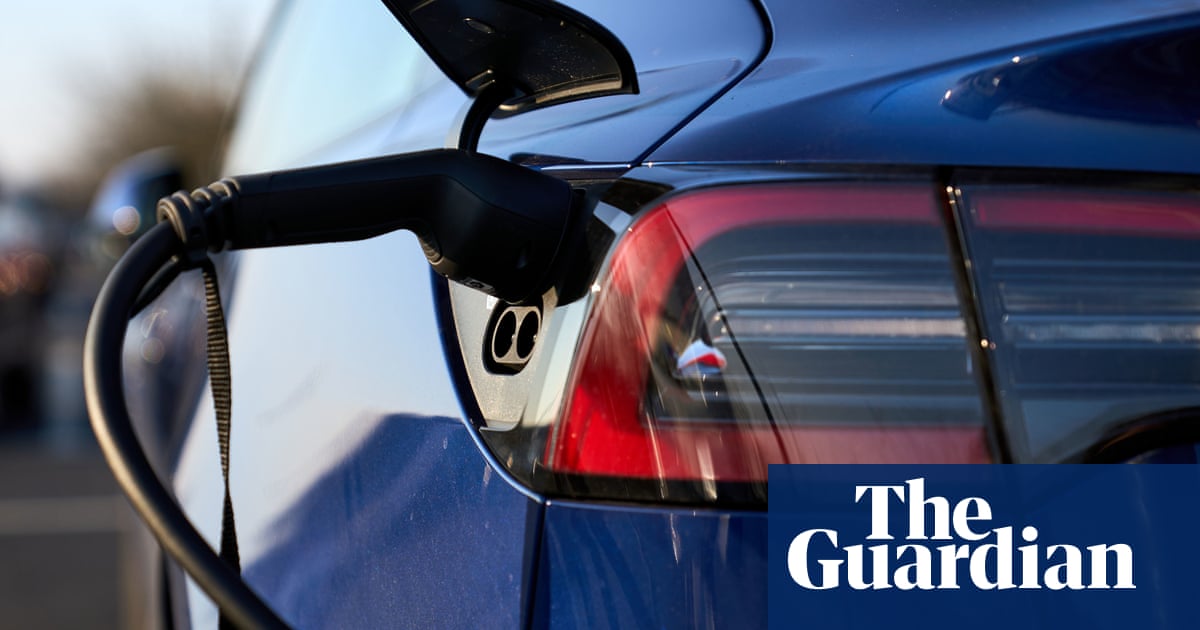- cross-posted to:
- [email protected]
- cross-posted to:
- [email protected]
The number of new cars registered in the UK has jumped by nearly 18% but electric vehicle demand is flatlining, prompting the industry to call for a VAT cut to stimulate sales.
Annual figures released by the Society of Motor Manufacturers and Traders (SMMT) on Friday show 1.9m new cars were registered last year, well up on the previous year’s figure of 1.6m and the highest level since the 2.3m registrations of 2019.
The increase is a boost for the automotive industry after the pandemic led to supply chain problems and a shortage of vital computer chips that slowed production.
Across the year, 315,000 new battery electric vehicles were sold. That was 50,000 more than 2022, but the number being bought as a share of total registrations failed to grow as expected. They represented just 16.5% of the total, slightly down on last year’s 16.6%.



Frankly I think they are still too expensive for most people up front. It’s a lot cheaper to run if you can charge at home, but if you can’t afford the extra £5k-£10k vs an equivalent petrol car then you’re not going to buy it. New EVs in particular are overpriced IMO, whereas the used market is actually pretty good value right now. There’s just no point in spending £37k-42k on a new Kia Niro EV when you can get a 3 year old model for £15k-20k that’s just as good.
New cars are too expensive for the vast majority of people. Policies like this are intended to get more (new) EVs on the road now so that in 5, 10, 15 years’ time there are affordable EVs available for those who buy secondhand.
It’s not a good policy. A hefty subsidy to the upper middle class which assumes private vehicles are part of a sustainable future (they’re not). Better to increase VAT on non-EVs, tax non-EV company cars at a punitive rate, buy only EVs for public services.
And put a shitload of money into public transport which is free at the point of use. Focus driverless tech on ‘last mile’ trips (getting people to and from public transport hubs). Plus community pool EVs for those trips which are impossible by public transport no matter how good it is.
Any ‘green’ policy focused on getting more of any kind of car on the road will fail to achieve its ‘green’ aim. They’re just finding ways to shovel more money at the relatively well off and pretend it’s good.